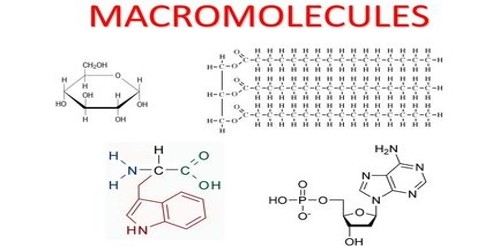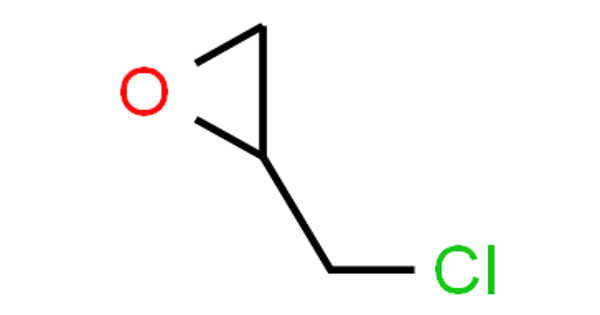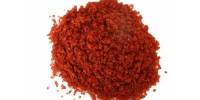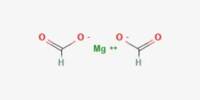A macromolecule is a molecule with a large number of atoms. They are long repetitive sequences of an elementary chemical structure called the monomer. They are very large molecules that are formed by the polymerization of smaller molecules called monomers. The word is usually used only when describing polymers, molecules that are made up of smaller molecules called monomers. All organic monomers are based on carbon, usually with hydrogen, oxygen, and nitrogen. There are inorganic macromolecules based on other monomers. In chemistry and biology, a macromolecule is defined as a molecule with a very large number of atoms. Biological macromolecules in food or other substances can be detected by using their specific chemical properties. The term was coined by Nobel laureate Hermann Staudinger in the 1920s.
Macromolecule therapeutics (proteins, nucleic acids) are oligomeric molecules that have bypassed some limitations of small molecule therapeutics. The molecule is the smallest unit of the substance that retains its characteristic properties. The macromolecule is such a unit but is considerably larger than the ordinary molecule, which usually has a diameter of fewer than 10 angstroms (10−6 mm). They are so huge that these are made up of more than 10,000 or more atoms. In contrast, a macromolecule is a molecule that has a small size and molecular weight. Biological macromolecules in food or other substances can be detected by using their specific chemical properties. The four major classes of biological macromolecules are carbohydrates, lipids, proteins, and nucleic acids.
Examples: Most polymers are macromolecules and many biochemical molecules are macromolecules.
- Proteins, composed of amino acids.
- Nucleic acids: DNA, composed of nucleotides and RNA, similarly composed, differently structured
- Carbohydrates, composed of monosaccharide sugars.
- Lipids or fats composed of fatty acids and triglycerides.
- Nylon, composed of polyamides.
- Polythiazyl, composed of polymeric sulfur nitride (SN)x.
- Carbon nanotubes are an example of a macromolecule that is not a biological material.
















